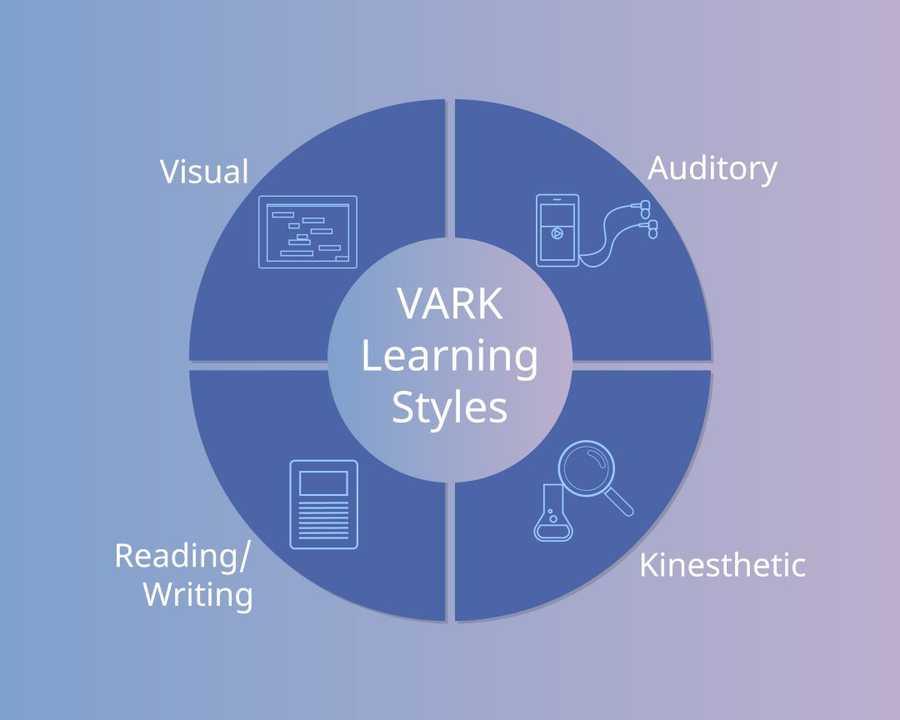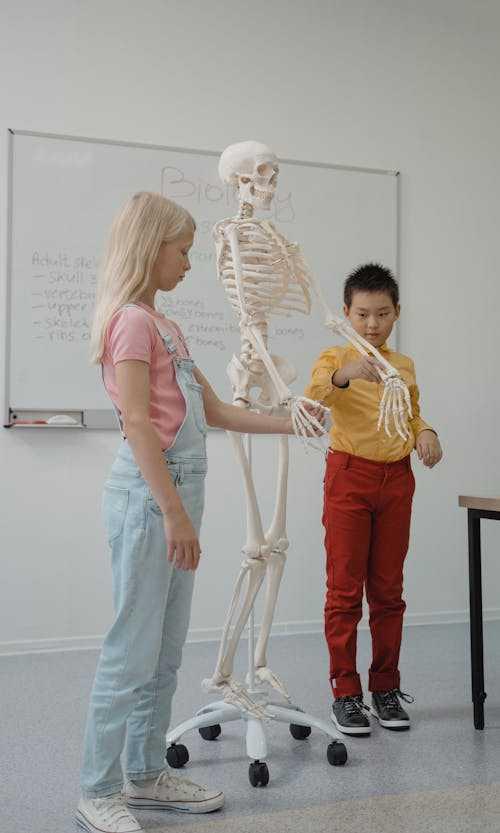Busting the learning styles myth: Why learning generalists perform best
Curated from: bigthink.com
Ideas, facts & insights covering these topics:
7 ideas
·1.58K reads
13
Explore the World's Best Ideas
Join today and uncover 100+ curated journeys from 50+ topics. Unlock access to our mobile app with extensive features.
Key Takeaways
- A large percentage of the population believe they were born with an innate learning style.
- Studies show no evidence for learning styles, and many researchers fear they may discourage proven educational practices.
- People, especially children, are learning generalists who should engage in many different methods of learning.
31
432 reads
The Neuromyth Of Learning Styles
A prevalent neuromyth is that of “learning styles.”
According to this belief, people can be classified by how they learn best and should concentrate their educational efforts in that mode. If someone is an auditory learner, the idea goes, she’ll master a subject or skill faster and more effectively by listening to lectures than reading books or through first-hand experiences.
The idea of learning styles has infected our education systems and people’s understanding of themselves. And psychologists worry this can have consequences in our lifelong-learning pursuits.
29
187 reads
The Elements of Learning Style
There is a grain of truth to the myth. Namely, people do differ in their abilities and preferences. The VARK learning model, for example, classifies people as either visual, auditory, reading/writing, or kinesthetic (hands-on) learners. Each method is part of the learning process, and people will have their favourites. Such preferences are as true in education as anything else in life.
Many proponents believe learning styles are inheritable, emerge early in childhood, have a physiological basis, predict learning outcomes, and are immutable.
32
230 reads
The Learning Style Does Not Matter
Recent studies found no supporting evidence that learning was enhanced by a slavish dedication to a student’s learning style
In fact, despite broad acceptance, studies continued to show no benefit to a learning-style approach. As one study’s authors so aptly put it: “The most important finding of this study is, in essence, a non finding.”
27
226 reads
Busting The Learning Style Myth
Why then does the learning styles myth survive despite the evidence and experts’ red-faced arguments? Because like all neuromyths, it tells us something we want to believe.
The classic music myth gives worried parents a sense of control. The 10-percent myth tells us we’re secretly super-geniuses who just need to unlock our potential.
27
165 reads
A Multi-Style Approach To Learning
People prefer brain-based accounts of behaviour, and they like to categorize people into types. Learning styles allow people to do both of those things.
It may also tie into common misconceptions of success.
Success is complicated. It requires the right mixture of education, resources, skill, and luck. But we tend to streamline this equation into specialization equals success.
27
153 reads
Take The Generalist Approach
Engage with subjects in as many material ways as possible. Read, converse, seek out examples, get hands-on, and experiment. While we may have preferences, we should also challenge ourselves to try new methods and re-engage with less-favoured ones.
Each style is its own “genre” and each can be valuable in the creation of your lifelong-learning path.
35
187 reads
IDEAS CURATED BY
Maxwell D.'s ideas are part of this journey:
Learn more about personaldevelopment with this collection
Conducting market research
Analyzing data to make informed decisions
Developing a product roadmap
Related collections
Similar ideas
15 ideas
Adapting Learning Styles During COVID-19
thebestschools.org
4 ideas
This Is How to Discover Your Best Study Method
thoughtco.com
2 ideas
6 Study Tips for Visual Learners
thoughtco.com
Read & Learn
20x Faster
without
deepstash
with
deepstash
with
deepstash
Personalized microlearning
—
100+ Learning Journeys
—
Access to 200,000+ ideas
—
Access to the mobile app
—
Unlimited idea saving
—
—
Unlimited history
—
—
Unlimited listening to ideas
—
—
Downloading & offline access
—
—
Supercharge your mind with one idea per day
Enter your email and spend 1 minute every day to learn something new.
I agree to receive email updates






